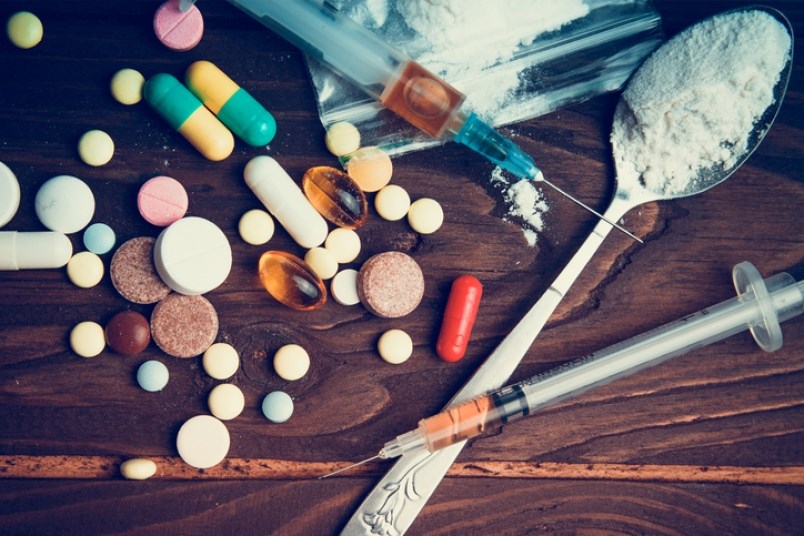A protest march and rally in support of a 'real' safe supply of drugs in British Columbia is set to take place in Vancouver's Downtown Eastside today.
Organized by the Drug User Liberation Front, the protest was created in direct response to a staggering increase in overdose deaths in the province from an ever more toxic drug supply due to the COVID-19 pandemic. In May alone, 170 people died of an overdose, topping the previous record of 161 set in December 2016. Of the 170, the presence of fentanyl was detected in 119 cases.
May’s numbers represent a 93% increase over the same month last year and a 44% increase over April 2020.
In a release, rally organizers note that, "The COVID-19 has shut international borders and limited the provision of support services vital for the survival of people who use drugs."
And while the federal government recently eased prescribing restrictions for opioids, organizers say the Province has failed to protect the most vulnerable populations, leading to a record number of deaths.
The march is set to begin at the offices of Â鶹´«Ã½Ó³»Area Network of Drug Users (VANDU) at . From there, it will continue west on Hastings, north on Columbia, east on Cordova, then south on Dunlevy Avenue to end near the intersection of Hastings Street and Dunlevy Avenue.
Afterward, there will be a rally at the corner of Dunlevy and Hastings.
Speakers for today's protest include:
- Erica Thomson, BC / Yukon Association of Drug Wars Survivors
- Garth Mullins, Crackdown / BC Association of People on Opiate Maintenance
- Simona Marsh, Â鶹´«Ã½Ó³»Area Network of Drug Users
- Donald MacPherson, Canadian Drug Policy Coalition
- Melissa S, Western Aboriginal Harm Reduction Society
- Jordan Westfall, Canadian Association for Safe Supply
- Eris Nyx, Coalition of Peers Dismantling the Drug War
Formed in response to the ever-mounting overdose deaths in B.C. and across Canada, the Drug User Liberation Front looks to provide tangible solutions to the overdose crisis.
Fraser Health’s chief medical health officer Dr. Martin Lavoie said surging unemployment due to the pandemic has added stress that often leads to a rise in the consumption of illicit substances. Compounding the problem, shutdowns at the border have disrupted the flow of drugs, limiting supply and increasing toxicity.
- With files from Gary Mckenna / Tri-City News.



